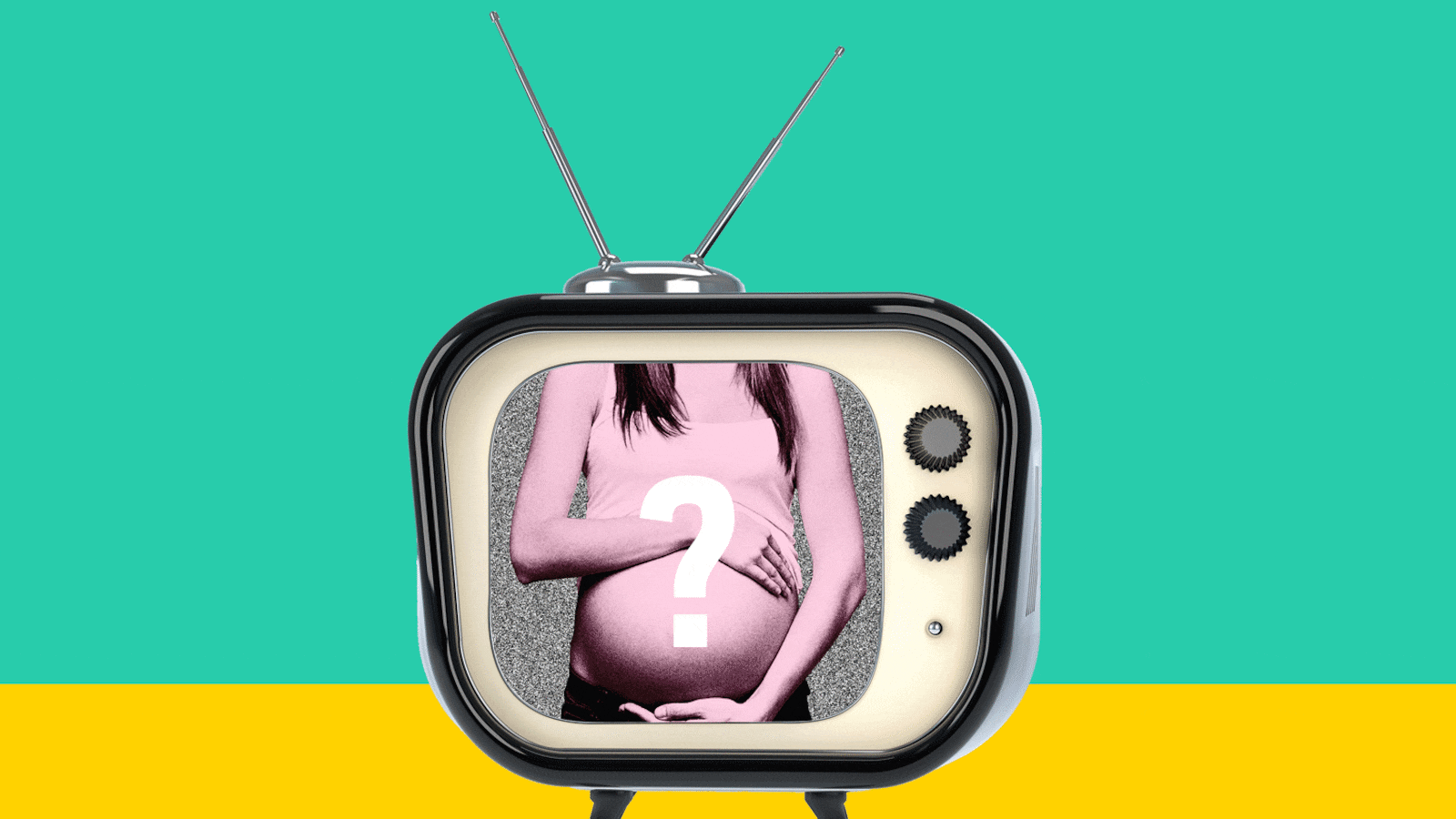One of life’s more enduring mysteries is how an astonishingly small percentage of television writers understand the female reproductive system.
Black Mirror’s fourth season hit Netflix last week, entertaining audiences with mini-movie-length meditations on all of the ways the tech-driven future will kill our bodies and souls.
This season is special. All six episodes feature a female lead, since “women” seem to be a newly-discovered demographic in entertainment.
But despite the deliberate effort to produce a show that is less pale and less male than most, one episode in particular has some women and public-health advocates rankled. (If you care about spoilers, now would be a good time to stop reading.)
Episode 2, entitled “Arkangel,” features a mother named Marie, played by Rosemarie DeWitt, who has a chip installed in her young daughter’s head that allows her to track the little girl’s movements and vitals. Complications arise as Sara matures, and boil over when Sara becomes sexually active as a teenager. In the scene that serves as the linchpin to the episode’s bloody climax, Marie discovers, through her app companion to her daughter’s tracking chip, that the girl is pregnant. She drives to a drug store in the middle of the night and obtains Emergency Contraception, which she grinds up and casually adds to her daughter’s smoothie the next morning. Sara becomes nauseous at school, and the nurse informs her that her illness is due to the emergency contraception she took to end her pregnancy.
Black Mirror is a fictional show set in an imagined future, but none of the details of Sara’s pregnancy or drugging make any biological sense.
“Pregnancy doesn't happen right after you have sex,” explains Elizabeth Clark, Planned Parenthood Federation of America’s Director of Health Media.
And “emergency contraception” doesn’t cause a morning-after abortion. “Sperm can actually live inside someone's body for up to six days after sex, waiting for an egg to show up to be fertilized,” Clark adds. “The morning-after pill works by temporarily stopping ovulation so the ovary doesn't release an egg.”
Emergency contraception won’t work if pregnancy has already occurred and can’t interfere with a pregnancy that already exists.

Further, the drug is most effective the sooner it is taken after unprotected sex, thus its availability over the counter is helpful to women who don’t want to waste precious hours for a doctor’s permission. It doesn’t make any sense, even in the world of Black Mirror, for Marie to hold the pills overnight and casually drop them in her daughter’s smoothie the next morning; that diminishes the drug’s effectiveness.
Does it matter if nobody in the team behind “Arkangel”—Black Mirror creator and writer Charlie Brooker, episode director Jodie Foster, star Rosemarie DeWitt, the rest of the cast and crew and production team—could pass a detailed exam on how pregnancy works? Of course not. But what’s unfortunate about this particular mass flub is that their misconception mirrors the misconception contraception opponents rely on to justify restricting women’s access to reproductive options.
Contraception opponents like the Catholic Church, the March for Life, Susan B. Anthony’s List (a group that aims to elect anti-abortion politicians, a sort of Bizarro World EMILY’s List), and others use “emergency contraception” and “the abortion pill” interchangeably, and by design. Belief that life begins at the moment of conception and not the moment of implantation means that anything that might deliberately interfere with the implantation of a fertilized egg in the uterus is the same thing as murder.
Conflation of emergency contraception and “the abortion pill”—two very different medications—reinforces that belief. I’m not sure that’s what director Jodie Foster would have intended.
Black Mirror is far from the first show to get it wrong. Back in 2011, The Walking Dead flubbed a “morning-after pill” plotline in a nearly identical way. When audiences pointed out the flaw, the show’s creator Glenn Mazzara issued a flippant dismissal of their concerns.
“We exercised our artistic creative license to explore a storyline with one of our characters, not to make any pro-life or pro-choice political statement,” he said. “We sincerely hope that people are not turning to the fictional world of 'The Walking Dead' for accurate medical information.”
Seven years later, TV writers are making the same mistake, Donald Trump is president, and the Department of Health and Human Services is stacked with people who believe that myth. But sure, it’s just television.
“Film and television have a unique opportunity to portray sexual and reproductive health care in medically accurate and nonjudgmental ways for millions of viewers,” PPFA’s Elizabeth Clark adds. “With access to health care and sex education under constant attack, it’s more important than ever for us to see accurate storylines when it comes to contraception, abortion, and other sexual health issues—as well as a whole range of people’s authentic experiences.”
Netflix and Black Mirror have not returned a request for comment.






